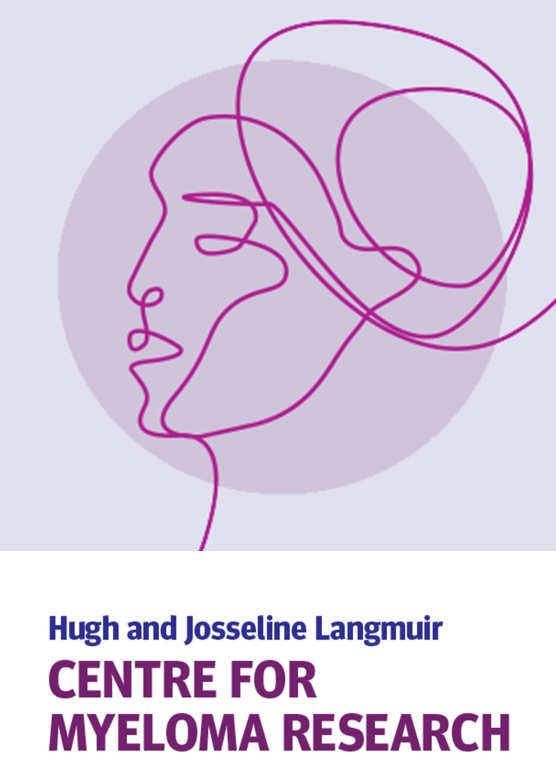BibTex format
@article{Ersek:2015:10.1172/JCI59987,
author = {Ersek, A and Xu, K and Antonopoulos, A and Butters, TD and Santo, AE and Vattakuzhi, Y and Williams, LM and Goudevenou, K and Danks, L and Freidin, A and Spanoudakis, E and Parry, S and Papaioannou, M and Hatjiharissi, E and Chaidos, A and Alonzi, DS and Twigg, G and Hu, M and Dwek, RA and Haslam, SM and Roberts, I and Dell, A and Rahemtulla, A and Horwood, NJ and Karadimitris, A},
doi = {10.1172/JCI59987},
journal = {Journal of Clinical Investigation},
pages = {2279--2292},
title = {Glycosphingolipid synthesis inhibition limits osteoclast activation and myeloma bone disease},
url = {http://dx.doi.org/10.1172/JCI59987},
volume = {125},
year = {2015}
}
RIS format (EndNote, RefMan)
TY - JOUR
AB - Glycosphingolipids (GSLs) are essential constituents of cell membranes and lipid rafts and can modulate signal transduction events. The contribution of GSLs in osteoclast (OC) activation and osteolytic bone diseases in malignancies such as the plasma cell dyscrasia multiple myeloma (MM) is not known. Here, we tested the hypothesis that pathological activation of OCs in MM requires de novo GSL synthesis and is further enhanced by myeloma cell–derived GSLs. Glucosylceramide synthase (GCS) inhibitors, including the clinically approved agent N-butyl-deoxynojirimycin (NB-DNJ), prevented OC development and activation by disrupting RANKL-induced localization of TRAF6 and c-SRC into lipid rafts and preventing nuclear accumulation of transcriptional activator NFATc1. GM3 was the prevailing GSL produced by patient-derived myeloma cells and MM cell lines, and exogenous addition of GM3 synergistically enhanced the ability of the pro-osteoclastogenic factors RANKL and insulin-like growth factor 1 (IGF-1) to induce osteoclastogenesis in precursors. In WT mice, administration of GM3 increased OC numbers and activity, an effect that was reversed by treatment with NB-DNJ. In a murine MM model, treatment with NB-DNJ markedly improved osteolytic bone disease symptoms. Together, these data demonstrate that both tumor-derived and de novo synthesized GSLs influence osteoclastogenesis and suggest that NB-DNJ may reduce pathological OC activation and bone destruction associated with MM.
AU - Ersek,A
AU - Xu,K
AU - Antonopoulos,A
AU - Butters,TD
AU - Santo,AE
AU - Vattakuzhi,Y
AU - Williams,LM
AU - Goudevenou,K
AU - Danks,L
AU - Freidin,A
AU - Spanoudakis,E
AU - Parry,S
AU - Papaioannou,M
AU - Hatjiharissi,E
AU - Chaidos,A
AU - Alonzi,DS
AU - Twigg,G
AU - Hu,M
AU - Dwek,RA
AU - Haslam,SM
AU - Roberts,I
AU - Dell,A
AU - Rahemtulla,A
AU - Horwood,NJ
AU - Karadimitris,A
DO - 10.1172/JCI59987
EP - 2292
PY - 2015///
SN - 1558-8238
SP - 2279
TI - Glycosphingolipid synthesis inhibition limits osteoclast activation and myeloma bone disease
T2 - Journal of Clinical Investigation
UR - http://dx.doi.org/10.1172/JCI59987
VL - 125
ER -
